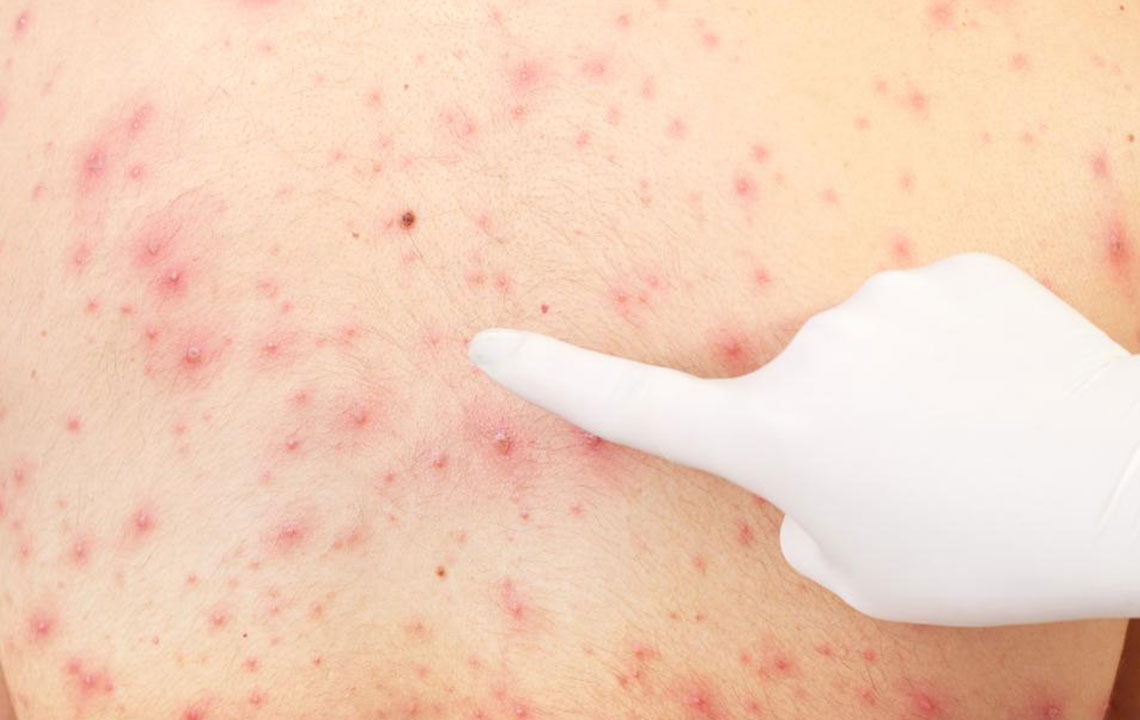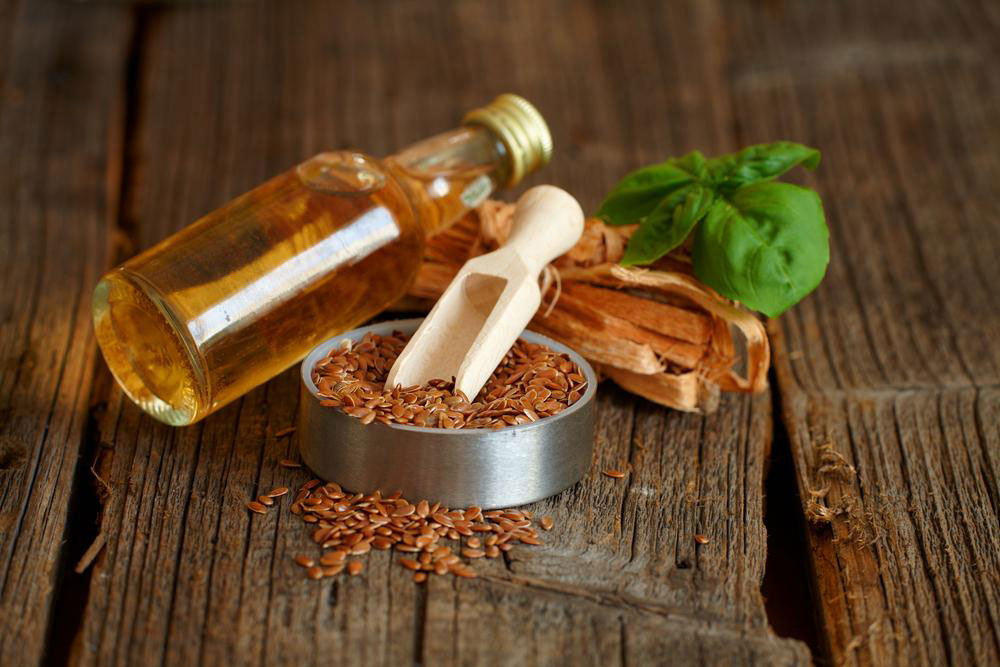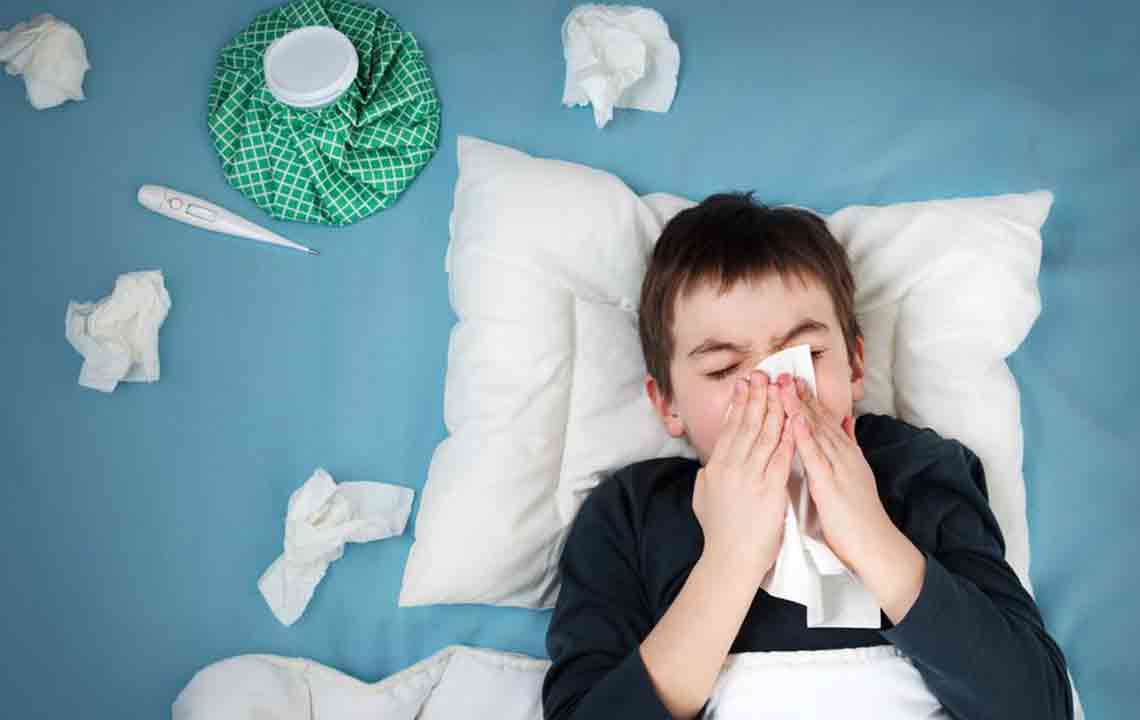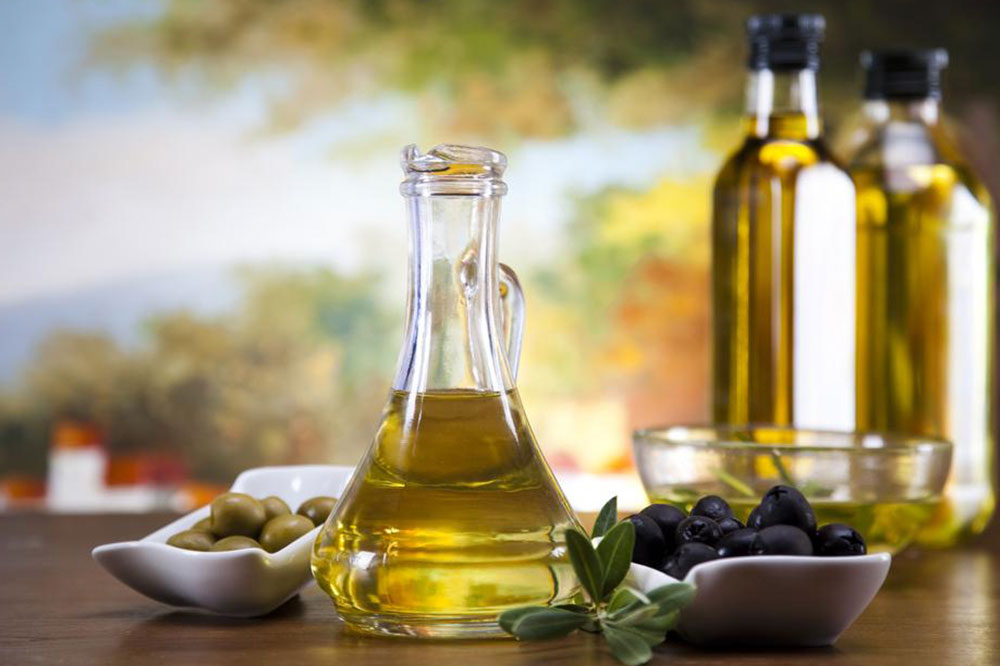Comprehensive Guide to Natural Remedies and Effective Tips for Relieving Skin Rashes
This comprehensive article provides extensive insights into natural remedies, prevention, and treatment strategies for skin rashes. Covering common causes, home care tips, OTC options, and when to seek medical help, it aims to guide readers toward effective relief and healthier skin. Emphasizing natural solutions like aloe vera and coconut oil, it stresses the importance of identifying triggers and maintaining good hygiene to prevent recurrence. Ideal for anyone struggling with skin rashes, the article offers practical advice for managing discomfort and supporting skin recovery efficiently.

Comprehensive Guide to Natural Remedies and Effective Tips for Relieving Skin Rashes
Skin rashes are a common dermatological issue that can affect people of all ages. Characterized by redness, swelling, irritation, and sometimes pain or discomfort, skin rashes often result from various causes, including allergic reactions, irritant exposure, or underlying health conditions. While many cases of skin rashes can resolve with proper home care and natural remedies, understanding the underlying causes and appropriate treatment options is crucial for effective relief and skin health.
This extensive guide aims to provide detailed information on natural remedies, practical tips, and precautions to help manage and soothe skin rashes effectively. From identifying common triggers to implementing lifestyle changes, this article covers everything you need to know to alleviate discomfort and promote healthier skin.
Understanding skin rashes begins with recognizing their symptoms. Typically, affected areas appear red, swollen, and may be warm to the touch. Sometimes, rashes are accompanied by itching, burning sensations, or stinging. In severe cases, blisters, crusting, or oozing may develop, signaling possible infection or allergic responses that require medical attention.
Both adults and children are vulnerable to skin rashes, which can result from contact with various irritants or allergens. Exposure to specific plants, chemicals, or synthetic materials often triggers reactions within 48 hours, though even minimal contact can cause issues in sensitive individuals. While most rashes are harmless and resolve on their own, persistent or severe cases demand prompt medical evaluation to prevent complications.
Common Causes and Triggers of Skin Rashes
Identifying the source of your skin rash is vital for effective treatment. Common triggers include:
Contact with plants such as poison ivy, poison oak, or poison sumac, which contain oils that cause allergic dermatitis.
Harsh soaps, detergents, shampoos, or cleaning agents that strip the skin’s natural oils, leading to irritation.
Allergic reactions to metals like nickel found in jewelry or clothing accessories.
Exposure to latex or synthetic fabrics that may trigger contact dermatitis.
Environmental factors like heat, humidity, or friction that can exacerbate skin irritation.
Effective Home Care Practices and Precautions
Most mild to moderate skin rashes respond well to simple, consistent home remedies. The key is to avoid scratching, which can worsen inflammation and cause secondary infections, and to minimize contact with known irritants.
Maintaining good hygiene is fundamental. Gently wash the affected area with mild, fragrance-free soap and lukewarm water. Pat dry carefully and apply soothing agents. Protect the rash from direct sunlight by using protective clothing or applying sunscreen, as UV rays may aggravate inflammation.
Hydrating baths with colloidal oatmeal or baking soda can provide relief from itching and irritation. Wearing loose, breathable clothing made of natural fibers like cotton reduces friction and allows the skin to breathe. Avoiding tight or synthetic garments helps minimize further irritation.
Natural remedies are highly effective for soothing skin rashes. Aloe vera gel, known for its anti-inflammatory and healing properties, can be applied directly to irritated skin. Coconut oil acts as a moisturizing agent and possesses antimicrobial effects that help prevent infection. Lavender essential oil can also be used diluted to reduce inflammation and soothe the skin.
Proper skin hydration and avoiding triggers are crucial. Keeping the skin moist and protected helps restore the skin barrier, reducing sensitivity and promoting healing. Additionally, staying well-hydrated by drinking plenty of water supports overall skin health.
Over-the-Counter Treatments and Medications
If natural remedies are insufficient, several over-the-counter options can help alleviate symptoms:
Calamine lotion effectively soothes itching and dryness, providing temporary relief.
Low-potency hydrocortisone creams reduce inflammation and swelling when applied appropriately.
Oral antihistamines such as diphenhydramine or loratadine help decrease itching and allergic responses.
Antibiotic ointments may be necessary if signs of infection, such as increased redness, pus, or warmth, develop.
Always follow the instructions on medication labels and consult with a healthcare provider before starting new treatments, especially for children, pregnant women, or if the rash persists or worsens.
When to Seek Medical Attention
While many skin rashes resolve with home care, certain conditions require professional medical evaluation. Seek urgent medical attention if:
The rash spreads rapidly or covers a large area of the body
There are signs of infection, such as pus, increased warmth, or fever
Blisters, crusting, or oozing develops
The rash is accompanied by difficulty breathing, swelling of the face, or severe pain
Persistent rash lasts longer than two weeks despite home treatment
Accurate diagnosis and tailored treatment are essential for severe or chronic skin rashes. A healthcare professional might recommend topical or systemic medications, allergy testing, or further investigations to identify underlying causes.
Preventative Measures for Skin Rash Management
Prevention plays a vital role in avoiding recurrent rashes and maintaining healthy skin:
Identify and eliminate known allergens or irritants from your environment.
Use gentle, fragrance-free skincare products tailored for sensitive skin.
Wear protective clothing when handling plants, chemicals, or in harsh environments.
Maintain good hygiene, especially after outdoor activities or exposure to potential irritants.
Moisturize regularly with hypoallergenic creams or ointments.
Avoid scratching or rubbing affected areas to prevent secondary infections and worsening of symptoms.
Conclusion
Managing skin rashes effectively involves a combination of natural remedies, good hygiene practices, and cautious avoidance of triggers. While many cases respond well to home treatment, persistent or severe rashes require prompt medical evaluation. Prioritizing skin health through preventative measures and early intervention can greatly reduce discomfort and promote faster healing. Remember, understanding your specific triggers and maintaining proper skincare routines are key to long-term skin wellness.





